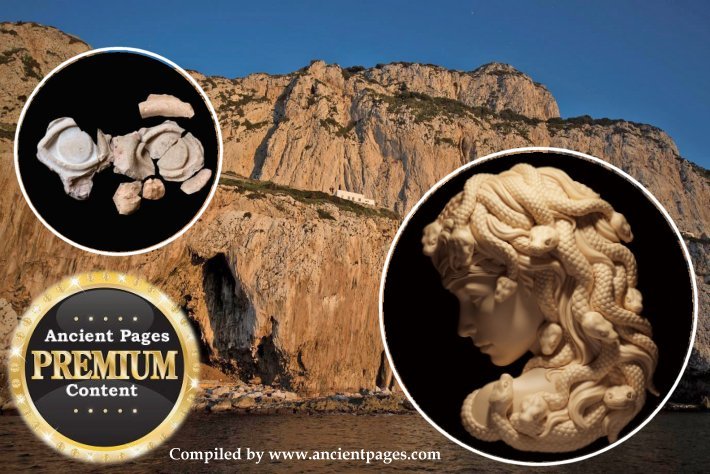Ellen Lloyd – AncientPages.com – The story of Medusa is well-known to Greek mythology students, with various versions of the myth existing. Medusa was one of three Gorgons, fearsome creatures with petrifying eyes. According to some accounts, Medusa was not always a monster; she was once a beautiful woman who was cursed by the goddess Athena.
Medusa and her Gorgon sisters, Euryale and Stheno, are often depicted as the daughters of Phorcys and Ceto. What sets Medusa apart is her mortality; she was the only one among them who could be killed. This unique trait led to her dramatic demise at the hands of Perseus, a celebrated Greek hero. Perseus not only beheaded Medusa but also harnessed the power of her head—still potent enough to turn anyone who gazed upon it into stone—as a formidable weapon. Ultimately, he entrusted this powerful artifact to Athena, who placed it on her shield for protection and strength. The story of Medusa is not just a myth but a compelling narrative that underscores themes of bravery, strategy, and divine intervention in ancient Greek culture.
Researchers who have studied ancient texts and art have posited that Medusa may not be the fearsome monster traditionally depicted. It is suggested that her visual representation was deliberately altered to obscure the truth. Depending on the narrative, she may have been an entirely different figure.
The exact location where Medusa lived and was killed remains a mystery. As a mythological figure, there is no concrete evidence that such a creature ever existed—or is there? However, the line between myth and reality may be blurring. Recently, archaeologists unearthed a significant artifact during excavations, a discovery they believe could pinpoint the exact spot where Medusa met her end!
This is a preview of our premium article, which is available only to members of Ancient Pages.






Recent Comments